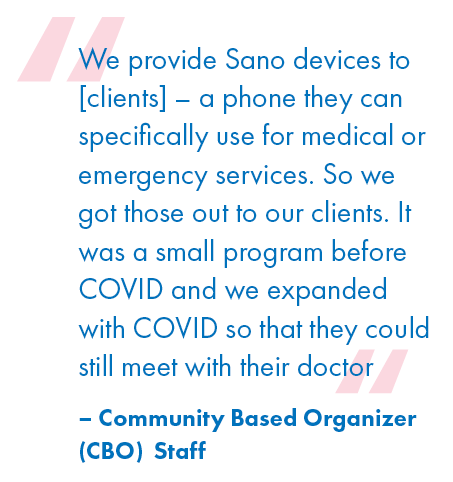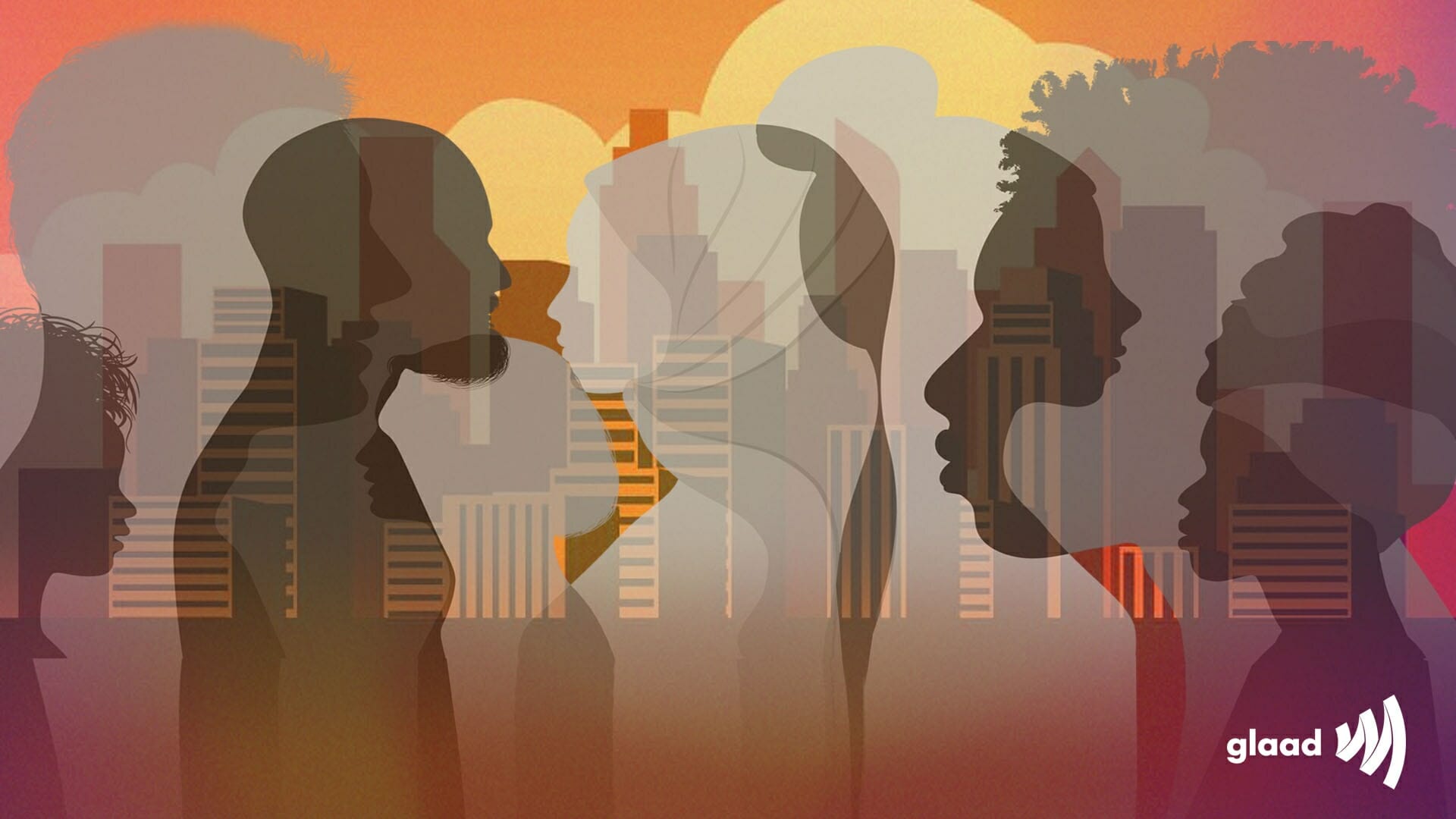The role of HIV CBOs during the COVID-19 pandemic is of the utmost importance. Almost overnight, CBOs were forced to adapt the delivery of HIV-related services as a result of an unprecedented global event. Additionally, many organizations broadened their service offerings to include COVID-19 testing, distribution of food and other personal care items, and psychosocial health services, while dealing with staff shortage and budgetary restrictions [36]. The pandemic severely impacted how CBOs interface with their existing and new clients, with a pivot from in-person to more virtual channels of interactions [37].
While many shifted to remote work – or a rotation of remote and in-person schedules – this affected the availability of medical providers. One CBO we spoke to provided smartphone-type devices to clients that allowed HCPs to share medical information and connected clients to medical care without interruption.

There was also a decline in the utilization of HIV testing and care services due to inability to conduct traditional community outreach and engagement events. However, as noted above, a pivot to telemedicine and social media allowed for continued engagement with clients.













